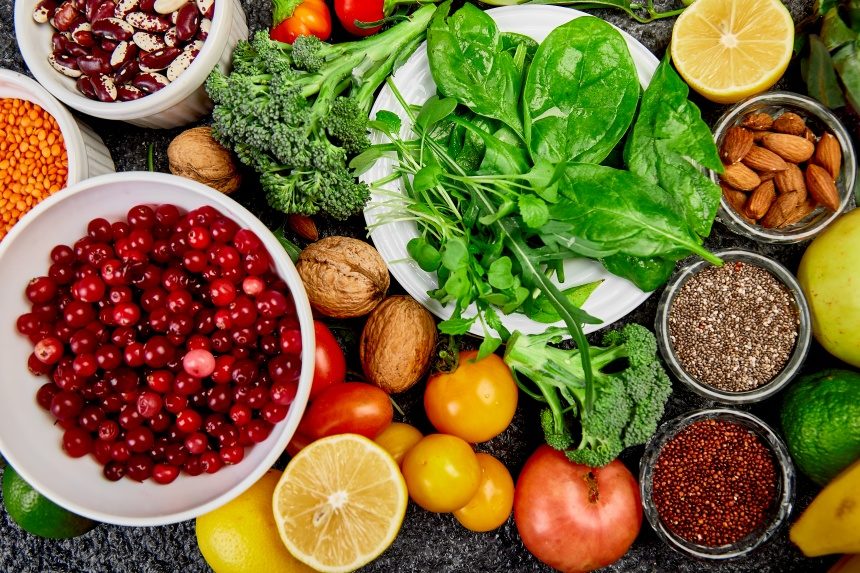Managing editor and logophile Andy Hollandbeck reveals the sometimes surprising roots of common English words and phrases. Remember: Etymology tells us where a word comes from, but not what it means today.
Many of the dietary supplements and nutrient fortifications we take for granted today would not have been possible without the leaps in biology scientists made in the late 19th and early 20th centuries as they hunted down the basic elements that allow for life and health. Before then, doctors believed that health problems like beriberi, rickets, and scurvy were caused by toxins or infections, so the ill weren’t getting the right treatment.
But in 1911, a Polish biochemist with the amazing name Kazimierz Funk isolated a new concentrate from rice husks. He didn’t know exactly what it was, but it cured polyneuritis — which we know today is caused by a vitamin B deficiency — in pigeons. Though he didn’t know exactly what it was, he believed that it was probably an amine (a type of organic compound derived from ammonia) that was essential in small quantities to sustain life.
The Latin word for “life” is vita (where the word vital comes from), and in 1912, Funk created a portmanteau word to name this new combine, combining vita with amine to create the name vitamine.
A couple years later, science had pressed on and it was discovered that what we call vitamins today are not actually amines. But the name had become so popular and widely used that, instead of renaming, scientists just dropped the final e on the word.
And that’s okay, but consider this: If Funk had been more self-centered and named his discover after himself, our whole milk might be fortified with Funky Bits D instead.
Featured image: Shutterstock
Become a Saturday Evening Post member and enjoy unlimited access. Subscribe now



